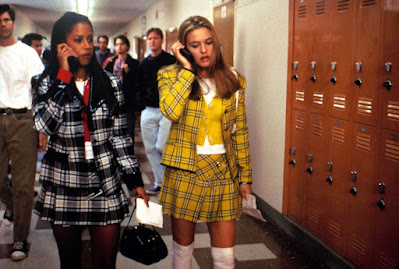It's a character study, then, but it's also a very endearing portrait of an independent spirit. Shahrin isn't for a single moment of screentime a downtrodden victim, but a pillar of strength; what she ultimately learns from her spell in mute, under-the-burqa servitude is the power of her own voice. (She demonstrates such spirit in the 1995 sequences that her parents, under whose roof she's returned, believe she's been possessed by a djinn who's rendered her untameable.) She asks a tailor to sew pockets in her clothes, like men have in theirs; she works up a buoying relationship with her folks' obedient domestic Julekha (Kamrunnahar Munni, a real find), to whom Shahrin serves as an inspiration, as someone who's left domesticity behind, lived a life and then succeeded in rebuilding that life from scratch. It's a terrific breakout performance from the London-based musician Siddiqua, all the more impressive for being her feature debut. She convinces not just as a pathfinder and postergirl but as a flesh-and-blood divorcee, someone whom actual wives, weighing up whether or not it's worth the disruption and any stigma to go their own way, might well remember in their own moments of self-determination. Gazi maintains a close, intimate domestic focus, shuttling us back-and-forth between households, and thereby allowing us to spot subtle changes in the family unit and attitudes within. Yet she inhabits this space so confidently that even what may at first appear missteps come to lead us somewhere rewarding. Shahrin is such an independent woman I wasn't sure the film needed the quasi-romantic subplot linking her to a genial family friend (Iresh Zaker), but it allows Gazi, through these two excellent actors, to raise the possibility of love again - or organic connection, something a Bangladeshi woman might choose for herself, and that only enhances who she already is. A quietly wise and lovely film.
A House Named Shahana screens on Channel 4 this Thursday at 1.55am.






